Whether investing for retirement or just your own financial health, you may be considering an online brokerage account. But with dozens upon dozens of options to choose from, which should you choose?
We’ve analyzed reviews from some of the leading financial sites in America — The Ascent/Motley Fool, Bankrate, Business Insider, CNBC Select, Forbes Advisor, NerdWallet, Newsweek Vault, Investopedia and USA Today Blueprint — to bring you the the 10 most-recommended online brokerage accounts right now. Our ranking, which we will update every month, will include the leading options available today, as well as any fees or hurdles you may need to clear to join.
Winner of 8 best-of awards
Fees: None for stocks or ETF trades, $0.65/contract for options ($25,000 minimum for Fidelity Personalized Planning and Advice)
Account minimums: None
Investment options: Stocks, ETFs, bonds, mutual funds, options and cryptocurrency
Pros
- No account minimums
- No fees
- No commissions for stocks, ETFs or options trading
- Fractional shares available for over 7,000 U.S. stocks and ETFs
- Research tools available
- Wide array of no-transaction-fee mutual funds and fee-free mutual funds available
- More than 3,300 no-transaction-fee (NFT) mutual funds available
Cons
- Some index trading options come with balance requirements
- Higher fees for broker-assisted trades
Winner of 8 best-of awards
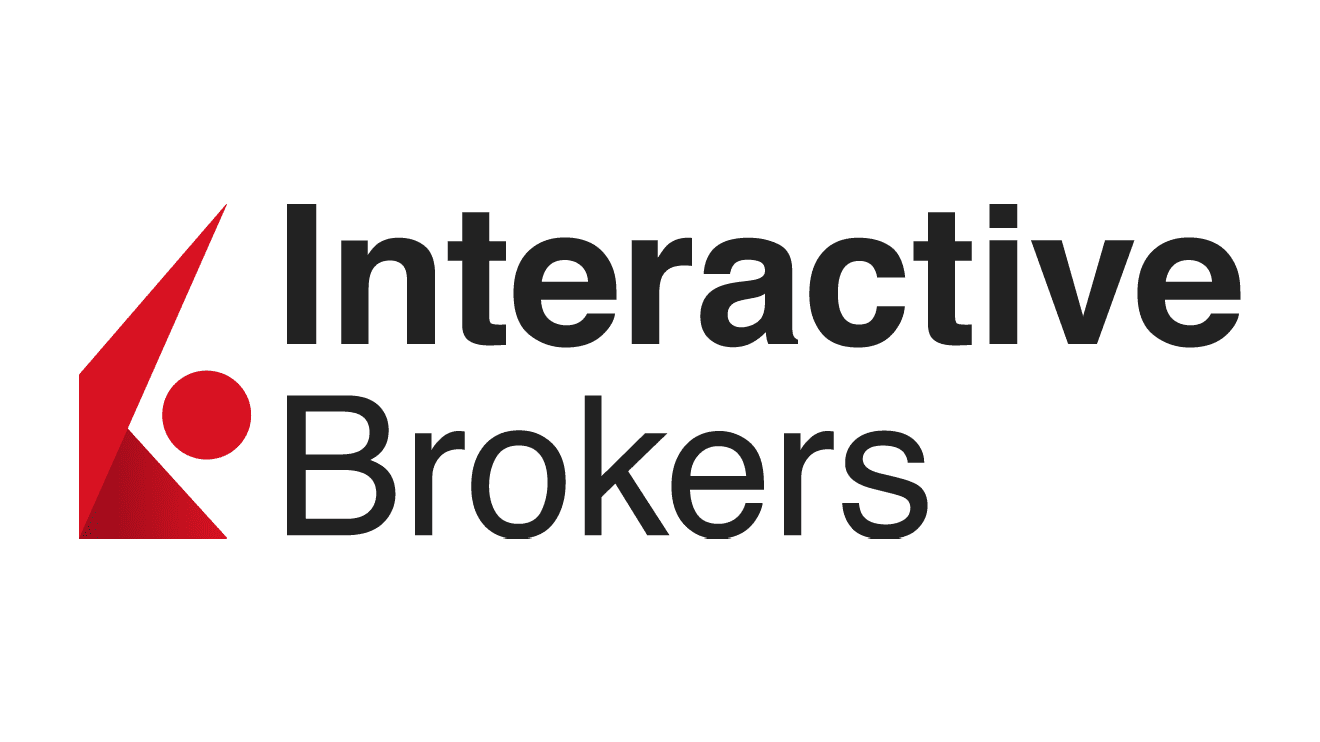
Fees: No commissions for equities or ETF, and $0.65 per contract on options
Account minimums: None
Investment options: Stocks bonds, mutual funds, futures, options, forex, metals, cryptocurrency
Pros
- Little to no fees or commissions
- Wide array of investment choices and customizable tools
- Access to both domestic and foreign assets in more than 150 markets and 33 countries
- Seamless mobile apps and trading tools
- Dozens of cryptocurrency options
- Earn $200 for referring a friend who maintains at least $10,000 balance for one year
- More than 19,000 NFT mutual funds available
Cons
- Interactive Brokers’ Trader Workstation (TWS) can be complex for novice investors
- Less active traders pay more to use its so-called IBKR Pro tool
- Customer support not available on Saturday and just 1-7 p.m. ET on Sundays
Winner of 6 best-of awards
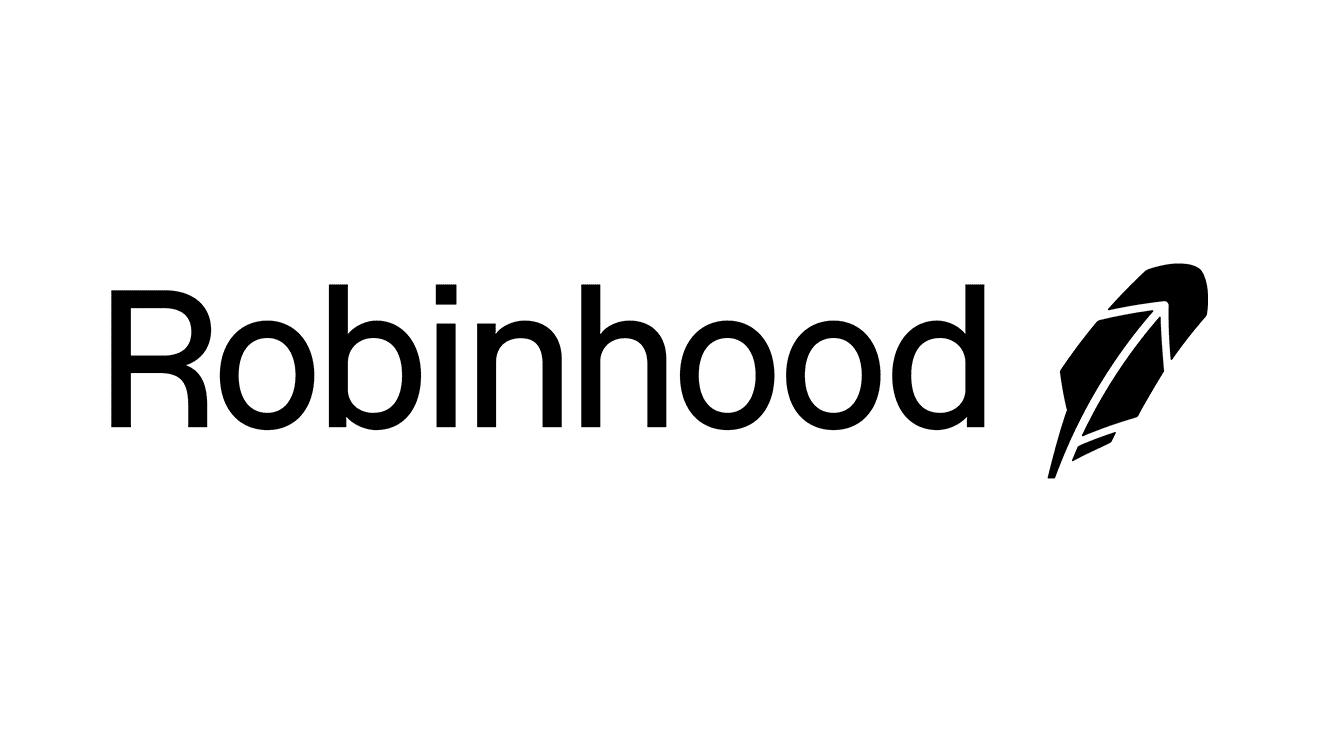
Fees: Fees vary depending on the investment vehicle, although commission-free trading, regulatory fees and other trading activity fees may apply
Account minimums: None required to open an account, however minimum deposit requirements may vary depending on the type of investment added to your portfolio
Investment options: ETFs, cryptocurrencies, fractional shares, IPOs, options trading and stocks
Pros
- There is no minimum deposit required to open an account
- Commission-free trading available
- Investment education tools available
- Welcome bonus adds free stock share for linking your bank account
Cons
- Fees can apply in addition to commissions
- Bonds, forex, futures and international stocks are not available
Winner of 6 best-of awards
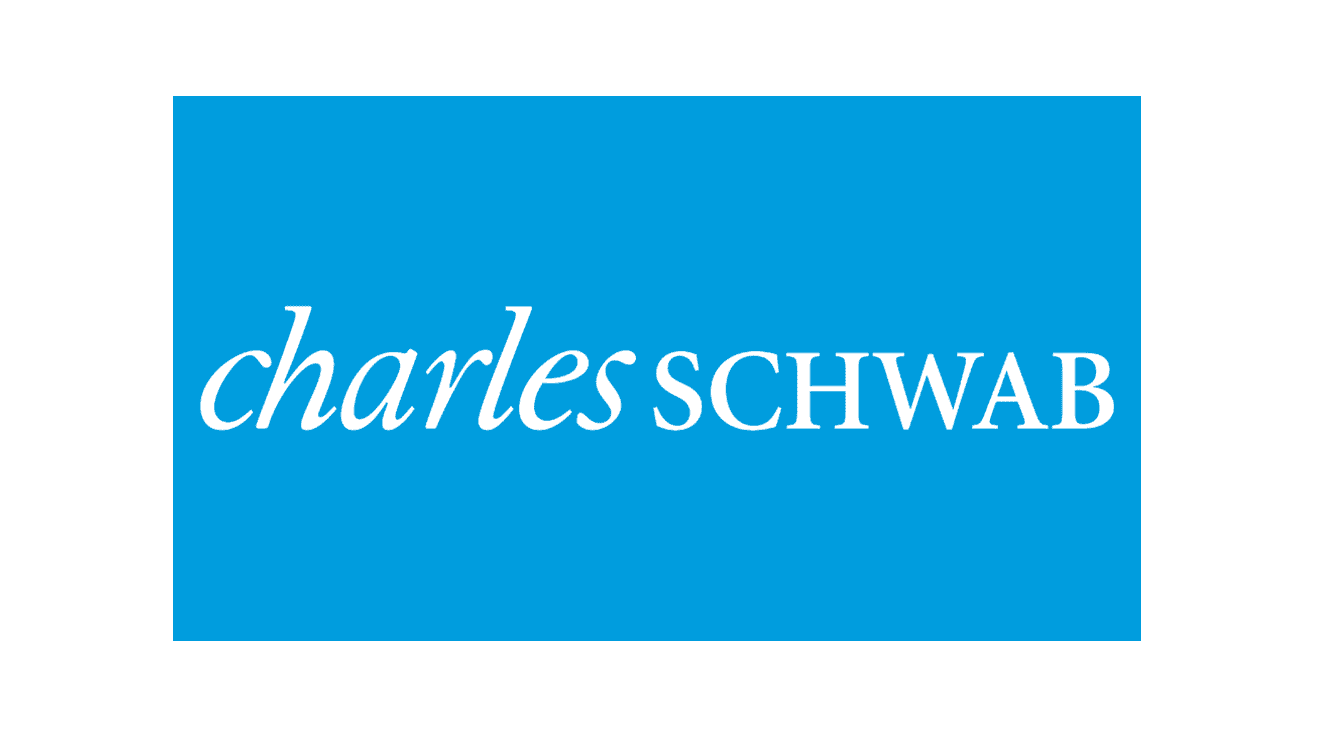
Fees: None ($30 per month for Schwab Intelligent Portfolios Premium)
Account minimums: None, however there’s a $5,000 minimum for Schwab Intelligent Portfolios and $25,000 minimum for Schwab Intelligent Portfolios Premium
Investment options: Stocks, ETFs, bonds, options, mutual funds and futures
Pros
- No investment minimums and commission-free trading for stocks, ETFs and options
- Both automated and adviser-managed accounts
- Wide selection of funds to choose from
- Highly rated mobile app
Cons
- High minimum investment for Schwab Intelligent Portfolios, a preselected portfolio of ETFs chosen by investment pros
- Low rate on cash not invested
Winner of 4 best-of awards
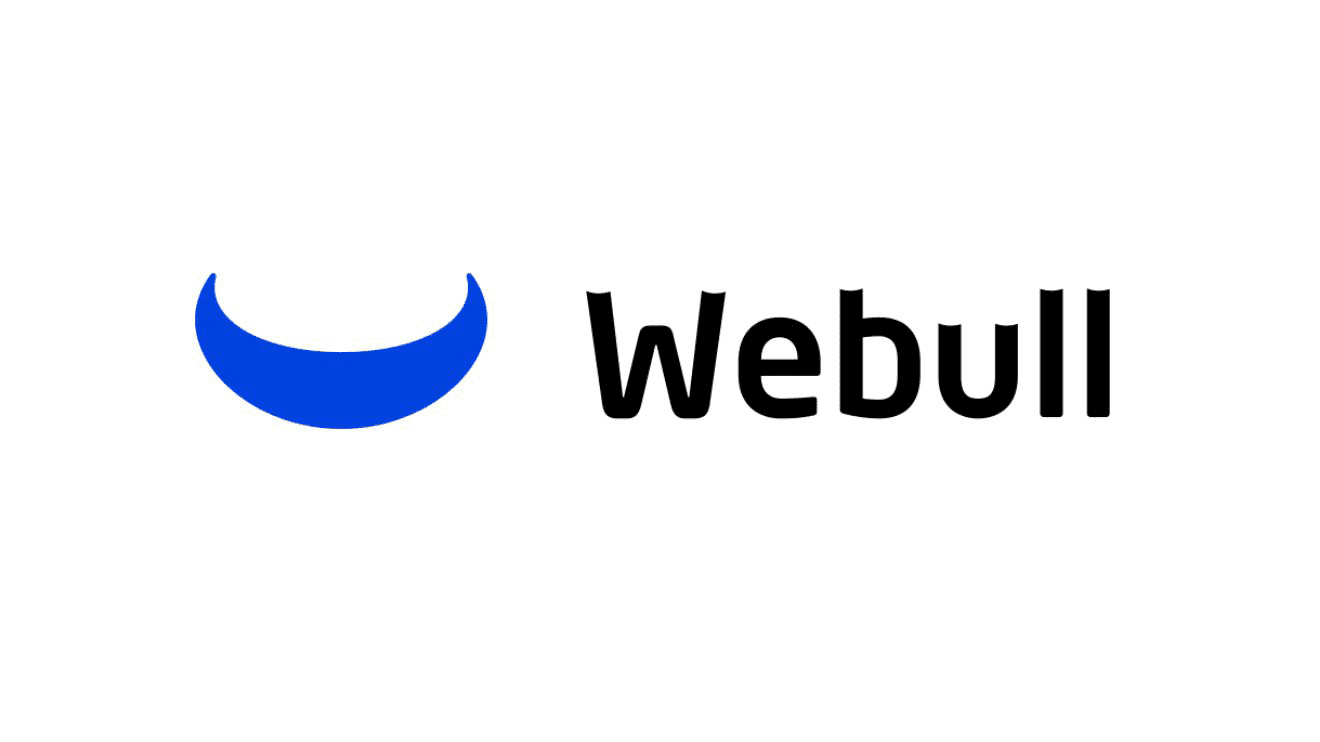
Fees: Fees vary depending on the investment vehicle, although commission-free trading, regulatory fees and other trading activity fees may apply
Account minimums: None required to open an account, however minimum deposit requirements may vary depending on the type of investment added to your portfolio
Investment options: Stocks, ETFs, options and cryptocurrency
Pros
- No deposit minimums to open an account and invest
- Commission-free trading available
- Welcome bonus includes five free stocks for opening a new account
Cons
- Some fees outside of commissions may apply
Winner of 3 best-of awards
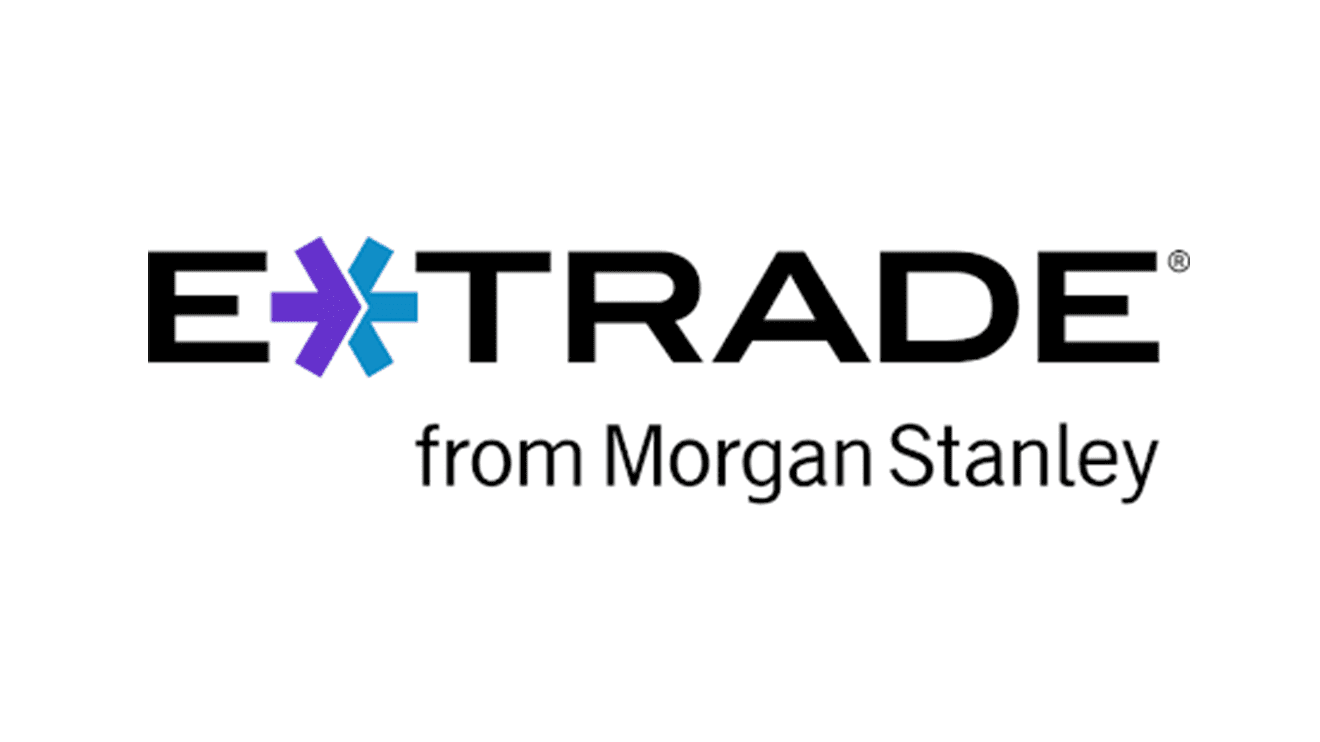
Fees: None for stock trades; $0.65 per contract or $0.50 per contract with 30+ trades per quarter for options; $75 for full transfers
Account minimums: None
Investment options: Stocks, bonds, CDs, ETFs, futures, options and mutual funds
Pros
- 24/7 customer service
- No commissions for stocks, ETFs and option trades and per-contract fees for certain options
Cons
- No forex or international stocks available
Winner of 3 best-of awards

Fees: None for stock trading; $0.65 per contract on options; $49.95 full transfer fee and for closeout fees on retirement accounts
Account minimums: None
Investment options: Stocks, ETFs, options, mutual funds and bonds
Pros
- Highly rated research on stocks, ETFs and mutual funds
- Educational material accessible including videos and explanatory articles
- Wide range of account types available
- 24/7 customer support and access to more than 2,000 Bank of America branch locations
Cons
- Fees for fill transfers out of your account to another brokerage
- Just 900 available no-cost mutual funds, well below others that offer more than 3,000
Winner of 3 best-of awards
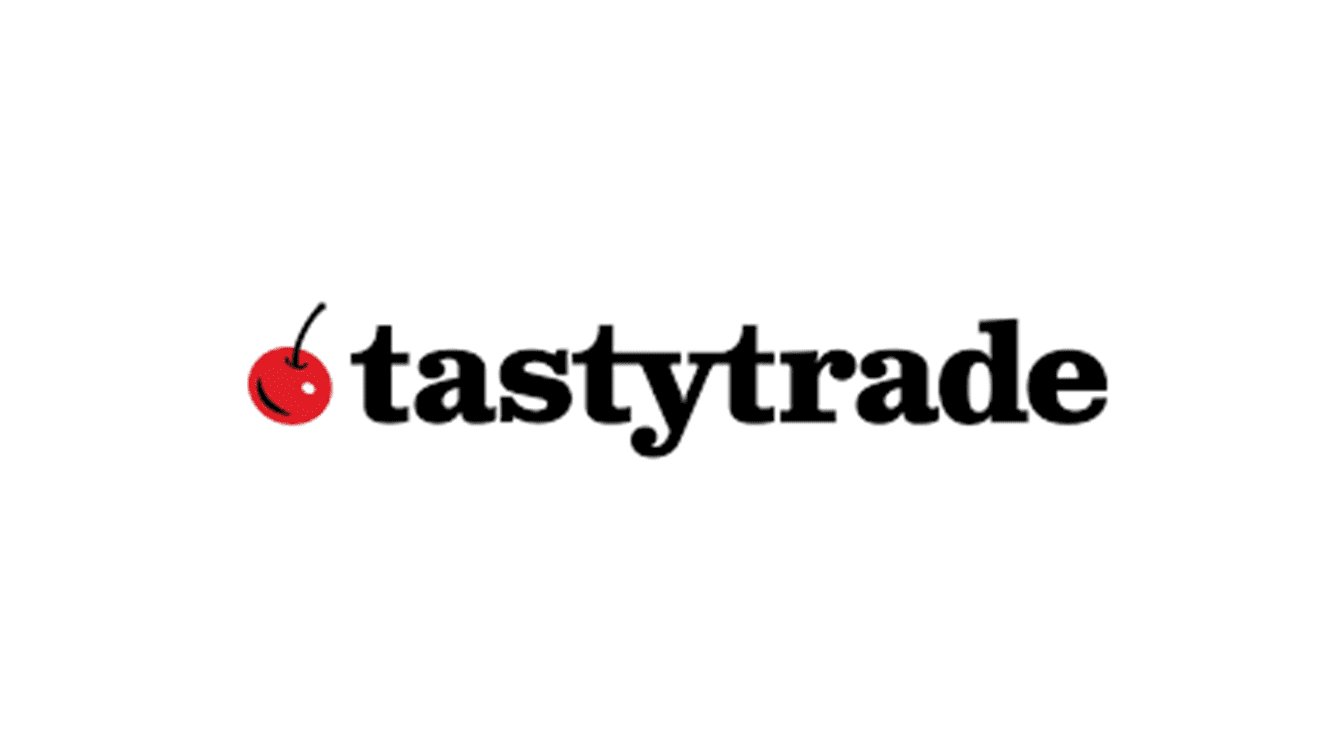
Fees: None; $1 per contract on the buy and $0 on the sell, but with commissions capped at $10 per leg for options trading; $75 for transfers out and $60 IRA closing fees
Account minimums: None
Investment options: Stocks, ETFs, options, cryptocurrency and futures options
Pros
- Competitive commissions for active trading
- Educational resources available
Cons
- Access to international markets not available
- No paper trading
Winner of 3 best-of awards
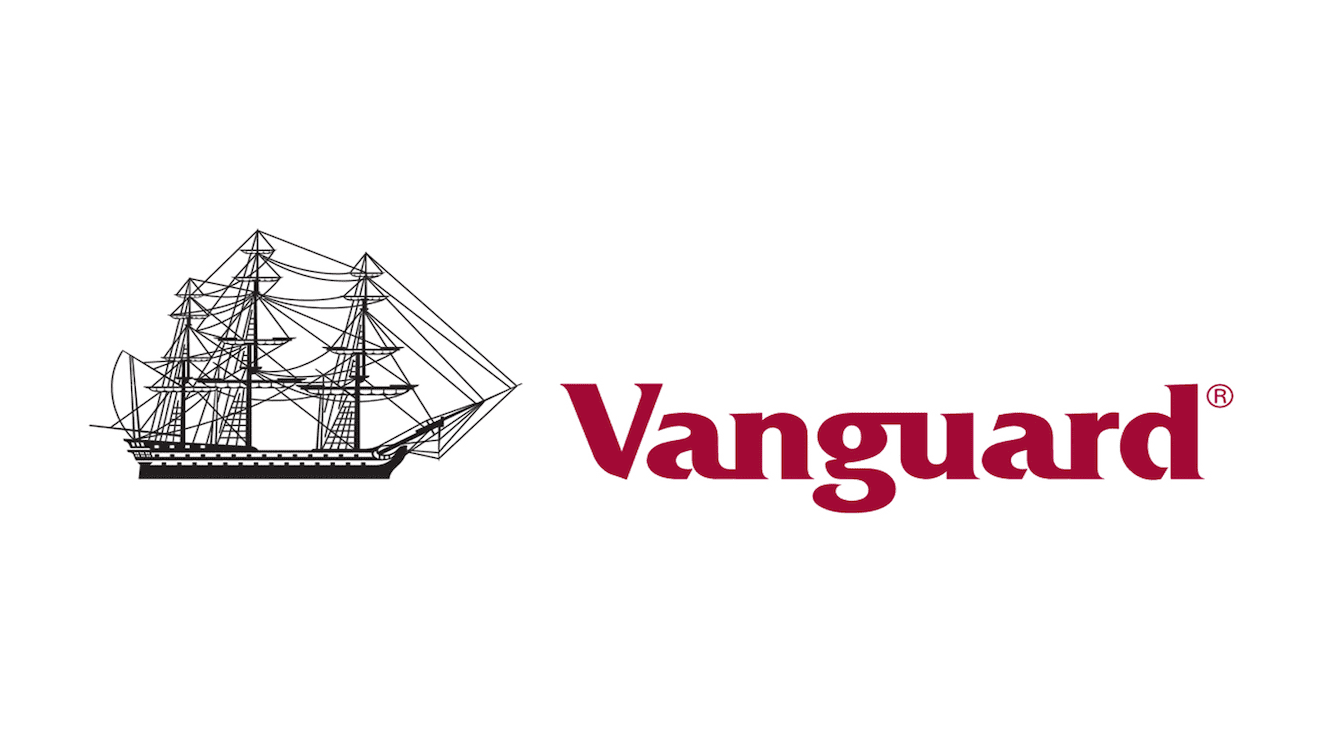
Fees: $25 annual account fee; $1 per contract for options accounts below $1 million and 25 free trades with Vanguard funds with less than $1 million
Account minimums: None
Investment options: Stocks, ETFs, options, bonds and mutual funds
Pros
- All ETFs are commission free
- 3,100 NFT mutual funds available
- Highly rated mobile app
- Funds are generally low cost
- No-transaction-fee mutual funds available
Cons
- Customer service via phone is only available Monday through Friday from 8 a.m. to 8 p.m. ET
- Minimum requirements for mutual funds can be high ($1,000 for target-date funds and $3,00 for most index and actively managed mutual funds)
- $25 account fee
Winner of 3 best-of awards
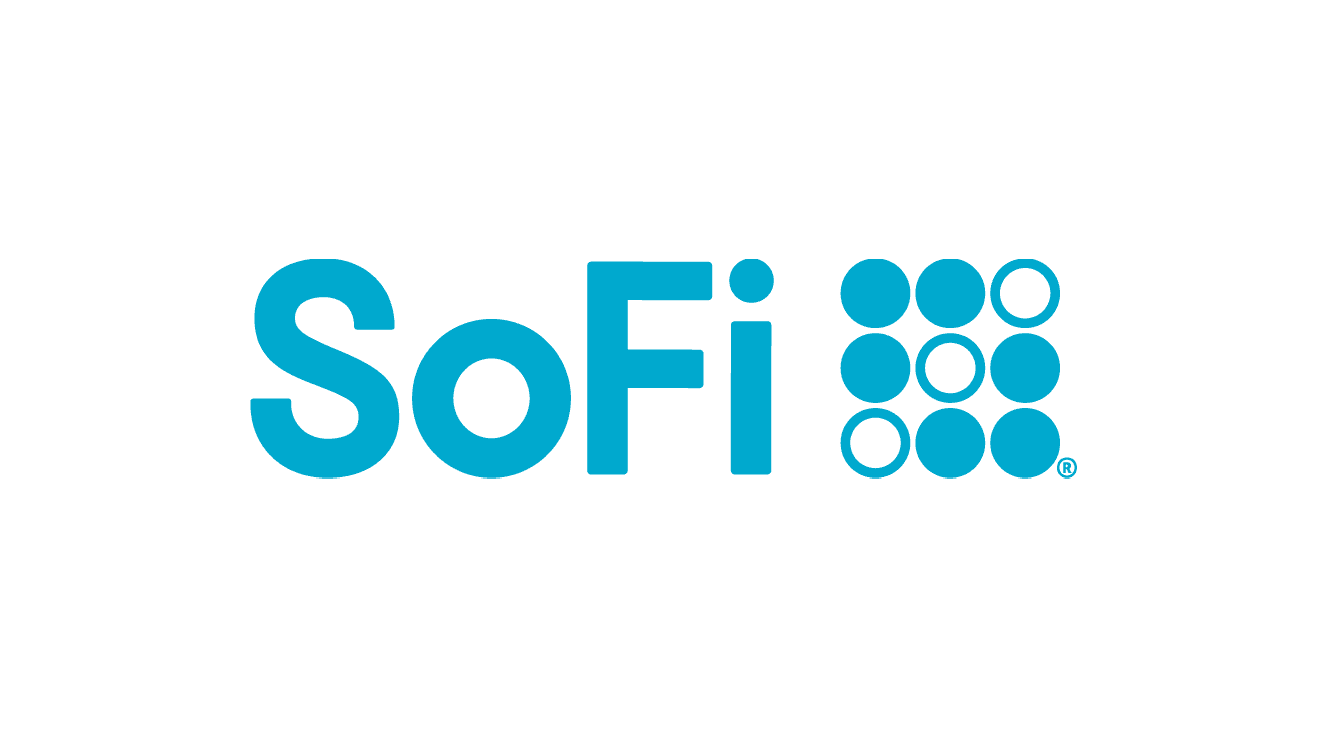
Fees: None; $75 for transfers out and $20 for IRA closeouts
Account minimums: None
Investment options: Stocks, ETFs and options
Pros
- Fractional shares available for as little as $5
- Commission-free stocks, options and ETFs
- Promotional bonus of up to $1,000 in new stocks when funding your account
- Highly rated mobile app
Cons
- Mutual funds are not available
- High fees for account transfers
- No investment research offered
- Customer service is only available Monday through Friday from 8 a.m. to 8 p.m. ET
Methodology for the most-recommended online brokerage accounts
Our team scours the internet in search of online brokerage recommendations from industry experts to bring you the very best of the best, including The Ascent/Motley Fool, Bankrate, Business Insider, CNBC Select, Forbes Advisor, NerdWallet, Newsweek Vault, Investopedia and USA Today Blueprint. We then rank these based on the total number of recommendations. Winners are determined by the number of times they appear on any of these experts’ lists. Simply put, accounts that appear the most will be deemed the winner.
Frequently asked questions (FAQs):
What is an online brokerage?
An online brokerage account is an investment account that allows its users to buy and invest in stocks, bonds, mutual funds, exchange-traded funds (ETFs) and more. These various platforms can be accessed either on a desktop or with a smartphone by downloading its corresponding app from your app store.
Online brokerage accounts often have contribution limits or early withdrawal penalties, like CDs. Their potential earnings are also not tied to interest rates the way savings accounts from a bank or financial institution are. Rather, your gains are made based on the performance of the investments that you have chosen and purchased.
How much can I earn with an online brokerage account?
Depending on how much you have invested, and how well your investments have performed, there is ultimately no limit to how much you can make from an online brokerage account. That said, while you may stand to make some big gains from your various investments, these accounts do not come without the risk of potential losses as well. That’s because while one company’s stock may post a short- or long-term gain, another may alternatively experience a loss over the same period of time.
If, for example, your various investments held in an online brokerage account were to generate the same cumulative gain as the S&P 500 did last year, your investment portfolio would have earned somewhere around 26.19%, as measured by the performance of index tracker SPDR S&P 500 ETF Trust (SPY), Morningstar data show. In 2022, however, that same fund recorded a loss of 18.17%; which means any investments that undertook that same performance would have generated a negative return.
How do I open an online brokerage account?
After you’ve chosen a brokerage to work with and downloaded the app or pulled the website on your desktop, the next thing you’ll want to do is gather some key documents. These often include your Social Security number, proof of identity (driver’s license or passport), proof of address, proof of employment and bank account information.
Once you’ve compared all available accounts, fees and any potential account requirements, you’ll want to fill out the online application. Finally, read through all of the fine print and features and link to your bank account or other eligible financial institution to fund your brokerage platform. After your account is funded, you can then choose and purchase any stocks, bonds, mutual funds or ETFs that you would like to invest in and build your portfolio.
What types of investments can I choose from with an online brokerage account?
Brokerage accounts offer investors a wide variety of investable assets. These can include, and are not limited to, stocks, bonds, mutual funds, ETFs and cryptocurrencies.
Are there any risks?
Like with any form of investment, online brokerage accounts are subject to the gains, and losses, of the available investable assets found in them. When your own individual assets or grouping of investments — or investment portfolio — experience financial losses greater than their gains over a given period of time, account holders can experience financial loss. If you are unsure of where you want to invest or of the potential risks involved, it may be in your best interest to consult with a financial adviser.
What kind of fees can I expect to pay with an online brokerage account?
Many online brokers these days do not commission fees when it comes to any experienced returns earned with their platform. That said, these platforms may levy trading fees when it comes to making a trade or selling an investment. On average, online investment accounts charged around $8.90 per trade, $30.99 for a broker-assisted fee and $32.50 for account maintenance fees, according to a Value Penguin report.
Can I have more than one online brokerage account?
Yes. While it’s entirely possible to have more than one online brokerage account, you may want to consider the risks of holding investments in more than one place. Some things to think about here include filing taxes with more than one account, keeping your login information with multiple passwords and emails, as well as opening up the potential risk for hacking across more than one account.
Are online brokerage accounts safe?
While online brokerages are not insured by the Federal Deposit Insurance Corp. (FDIC) or National Credit Union Association (NCUA) the way many savings or checking accounts are, many are instead covered by the Securities Investor Protection Corporation (SIPC). In the event that a brokerage shuts down or experiences a collapse, the SIPC protects brokerage accounts of up to $500,000 worth of losses. The SIPC, however, does not cover any losses due to the performance of any financial holdings.
Credit: Source link




